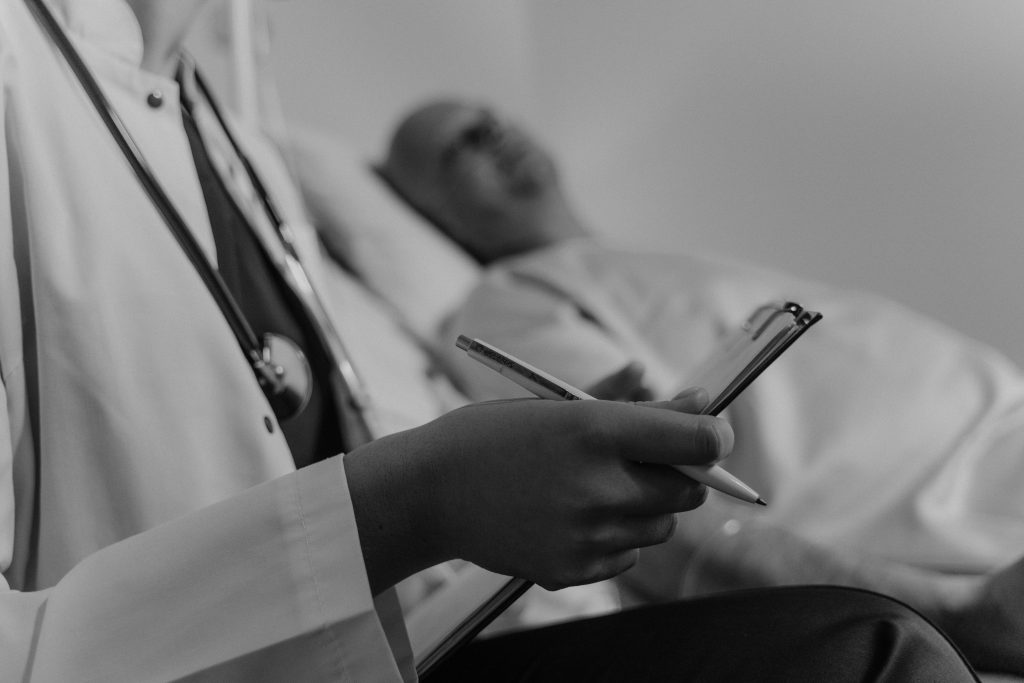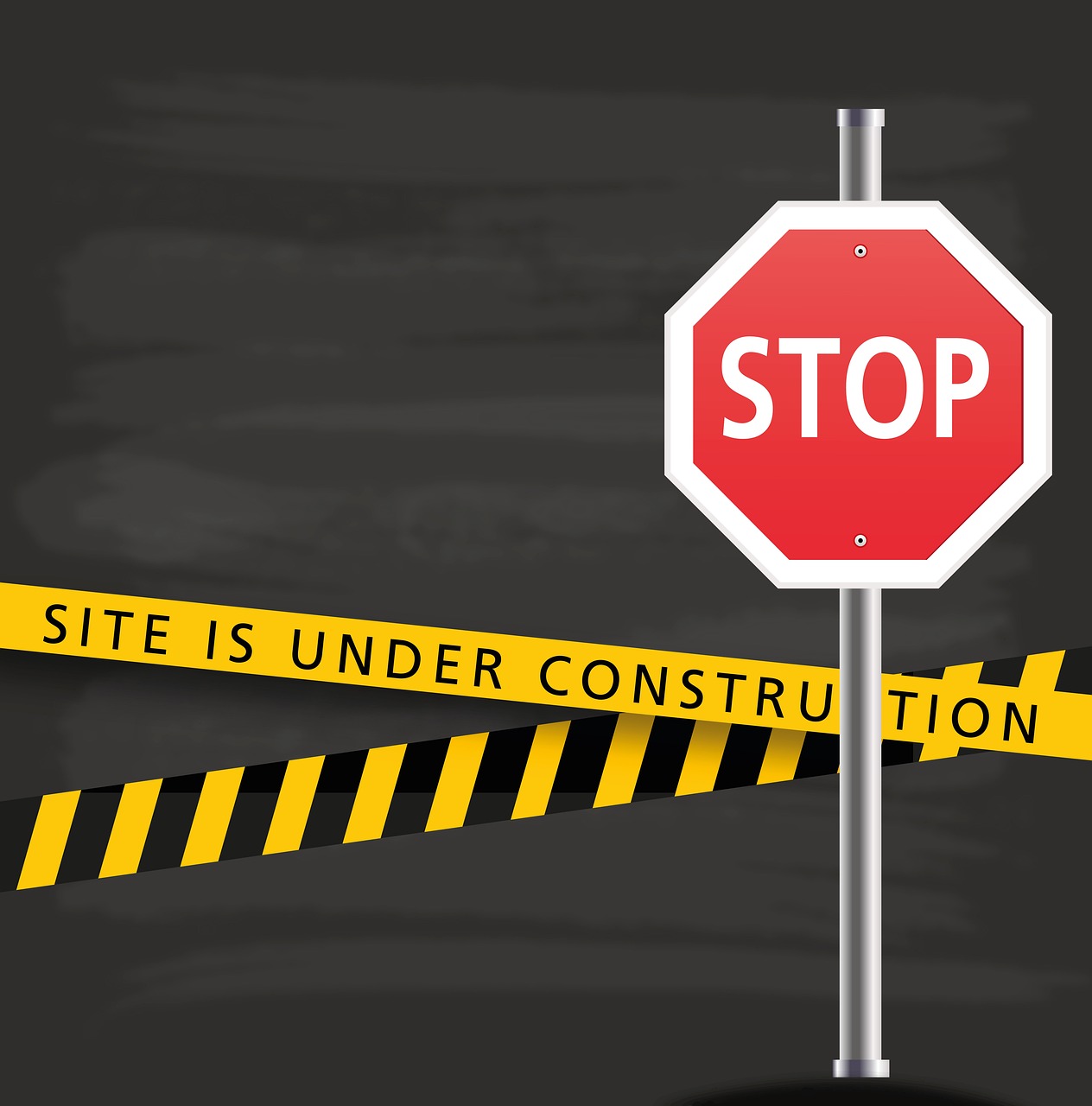Going Beyond the Call of Duty — The Story of AL

Background: An Offshore Medical Emergency
In July of 2020, a 39 year old engineer — we’ll call him “AL”— fell ill aboard a vessel where RemoteMD provides medical support. As part of a third-party team contracted through one of our client’s clients, AL wasn’t technically under our ongoing care once transported but that distinction didn’t matter to us.
With COVID-19 protocols in place, AL was medevaced by helicopter to a partner hospital for evaluation. He presented with fever, cough, and body aches and soon tested positive for COVID-19. Fortunately, his vital signs and initial lab work were stable. However, his chest X-ray revealed mild COVID-related pneumonia. Because AL was not a local resident and couldn’t return home, he was transferred to a state-run COVID step-down facility for monitoring.
A Sudden Turn for the Worse
Three days later, RemoteMD received an urgent call: AL’s condition had deteriorated. His oxygen saturation had dropped dangerously low, and the facility was seeking hospital readmission but the hospital he had been medevaced to was at capacity.
Although our official role had ended once AL was admitted to the ER days prior, we were immediately reengaged because of the relationships and trust we had built through our patient-first approach. AL’s condition was worsening, and he needed help fast.
Personal Action When It Mattered Most
After failed attempts to reach AL and the facility directly, we were relieved when AL returned our missed calls while en route to another hospital. His shortness of breath was evident over the phone. Although the new facility seemed capable of caring for him, we stayed in close contact, offering reassurance and letting him know he wasn’t alone.
Later that same night, we received another call from AL. Despite still being symptomatic, the new hospital was preparing to discharge him back to the step-down facility. This decision concerned us deeply. His voice was strained, and as trained telemedicine physicians, we could tell something wasn’t right.
Without hesitation, our Director of Medical Operations, Dr. William Kotler, an attending physician at a local based hospital, put on full PPE and personally picked AL up in his own vehicle and transported him directly to the ER.
Upon arrival, AL could barely walk the few steps to the car. His oxygen saturation measured just 88%. The ER team placed him on supplemental oxygen immediately. Follow-up labs confirmed his condition was serious: persistent bilateral pneumonia and a critically low arterial oxygen level.
Hospitalization and Recovery
AL was admitted and remained hospitalized for nine days. He required increasing levels of oxygen support and close monitoring. It took five days before his condition began to improve, and only then could his care team begin reducing his oxygen therapy.
Throughout his hospitalization, Dr. Kotler visited AL daily, providing not just medical support, but personal comfort while delivering over-the-counter remedies, keeping his wife informed, and making sure AL never felt alone in a city far from home.
Aftercare and Continued Support
After his discharge, AL returned to home, where he continued his recovery in isolation. RemoteMD maintained daily contact, ensuring he had the tools and support like a pulse oximeter and incentive spirometer to recover safely. Even post-discharge, Dr. Kotler and our Chief Medical Officer, Dr. Michael D. Kotler, remained in touch with AL, his company, and other stakeholders to ensure continuity of care.
The RemoteMD Difference
This wasn’t about contracts, checklists, or technical responsibilities. It was about doing what was right for a human being in need.
AL’s story is a powerful reminder of why RemoteMD exists. We don’t stop caring when a patient leaves the ER, we continue to advocate, support, and protect, no matter the time or circumstance.
It’s simple: once we care for someone, we never stop. That’s the RemoteMD difference.

 Our Website is Under Construction
Our Website is Under Construction